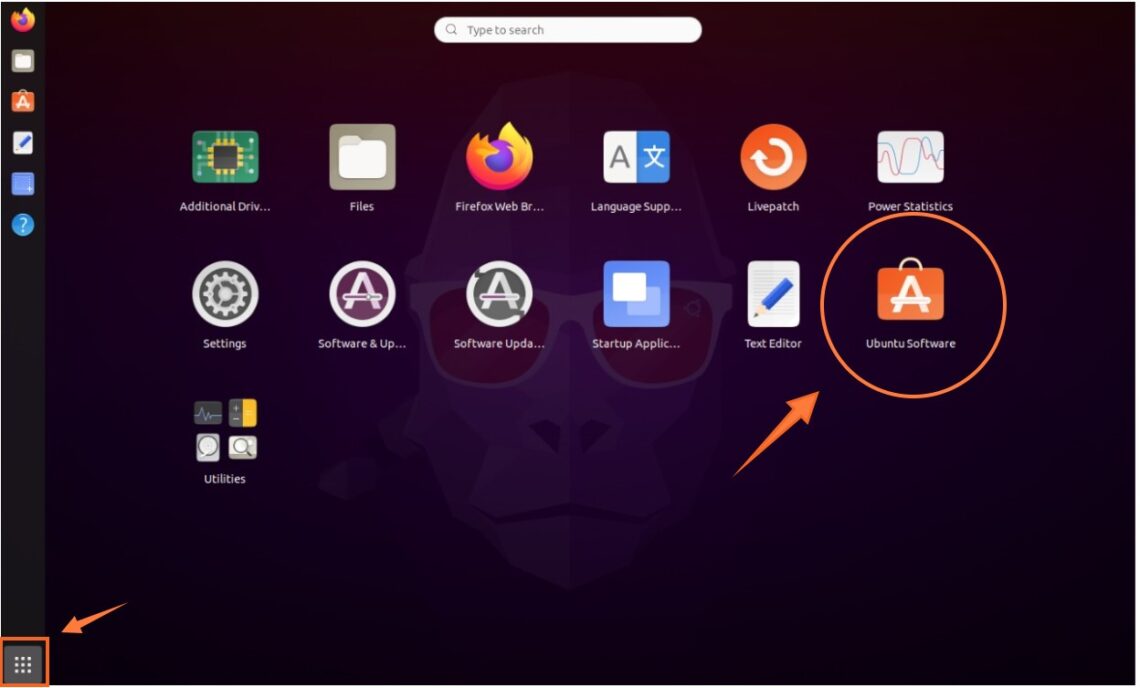

We’ll also need Visual Studio Code installed on our Linux system. openSUSE: sudo zypper install git gcc gcc-c++ gdb make cmake.Fedora: sudo dnf install git gcc g++ gdb make cmake.Debian/Ubuntu: sudo apt install git gcc g++ gdb make cmake.Here are the installation instructions for the C/C++ development tools on popular Linux distributions:

To complete the steps in this tutorial, you also need to install C/C++ development tools on your Linux system. For this article I decided on using Ubuntu Desktop 20.04 running in a VirtualBox virtual machine. Since this blog covers Linux topics, I assume that you run a Linux desktop distribution.

To the point that you can code, build, run and debug your C/C++ application in Visual Studio Code. I’ll show you how easy it is to import a CMake project into Visual Studio Code. In this article I’ll share my findings with you. After finding and installing the right extensions, I was quite smitten with how well Visual Studio Code supports CMake for C/C++ development. But its support for CMake felt limited, to the point that I started looking for an alternative development environment.Īfter trying out a few (Geany, Code::Blocks, CodeLite, NetBeans, KDevelop) I eventually settled on Visual Studio Code. Usually, Eclipse with the CDT plugin is my weapon of choice. I wanted it to automatically detect the CMakeLists.txt file and prepare the build environment for me. Additionally, I wanted to use a development environment that offers good support for CMake. Last week I needed to code up a basic command-line program in C and I decided to go for CMake this time.
#How to install visual studio code in ubuntu how to
In this article I’ll show you how to install and configure Visual Studio Code. With the right extensions, Visual Studio Code offers excellent support for CMake projects. Developing C or C++ applications with CMake and looking for a fitting development environment? I can highly recommend Visual Studio Code for this purpose.


 0 kommentar(er)
0 kommentar(er)
